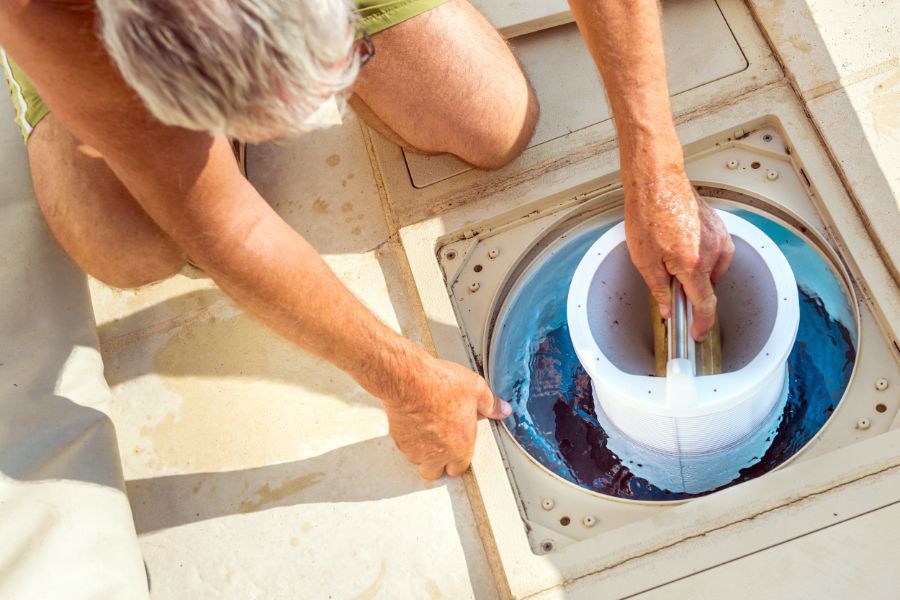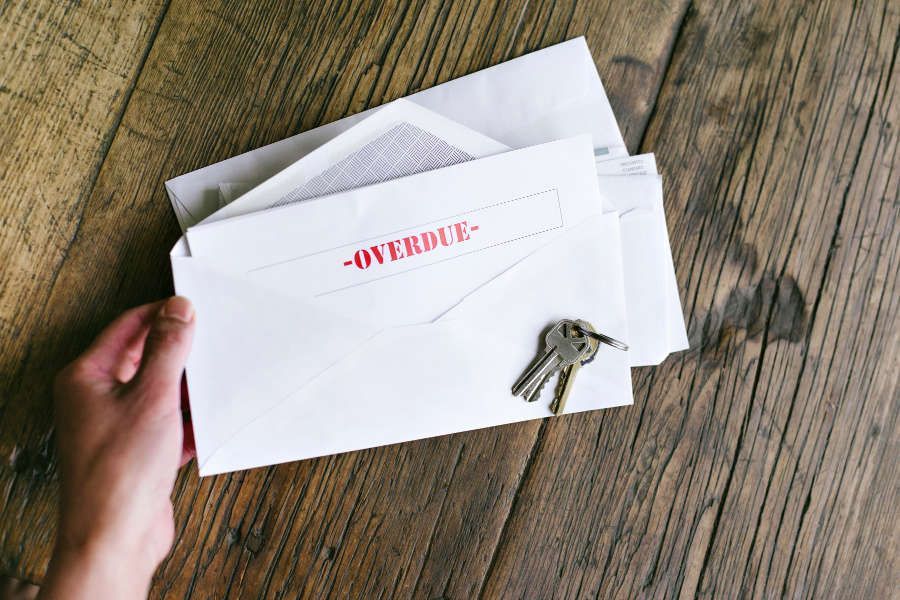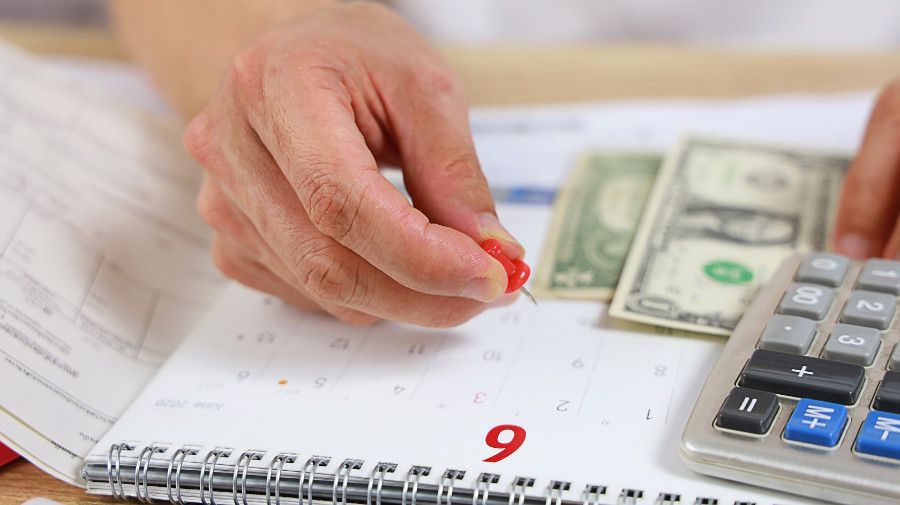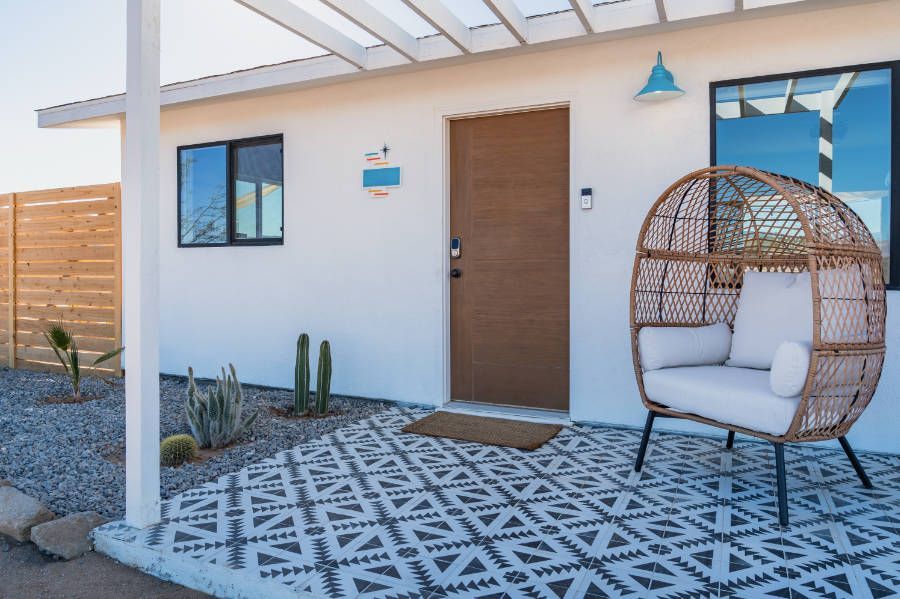Most Common Maintenance Items for Pools

As we leave the rainy season behind us, it's the perfect time to prepare your pool for fun activities; however, with a pool comes maintenance. In most single-family homes, tenants will often take care of the daily maintenance, such as checking the water levels, inspecting the filter, and cleaning out the pool skimmer baskets.
Pools can be a great asset, but maintenance is required. Though typically, landlords will hire a pool cleaning company for maintenance needs. Some may want to do it themselves or have their tenants manage pool maintenance.
Below we’ll review some of the maintenance items pools need to function for the rest of the year.
Chemical Levels
Generally, the chemicals in the pool should be checked two or three times weekly for the chlorine and alkalinity and monthly for calcium, Cyanuric Acid, and salt levels. Keeping your water chemistry consistent is one of the best ways to minimize wear and tear to the pool and its equipment.
Chlorine in pools helps kill germs and bacteria, resulting in people swimming, developing rashes, or getting sick. Chlorine also helps prevent the growth of algae. If the pool's alkalinity is off, it can irritate the swimmer’s eyes and turn the water green. When this happens, it can stain the pool finish and cause pool equipment to corrode.
While soft water is preferable in your home, in pools, you need a healthy amount of calcium. When calcium is low, the alkalinity levels become spoiled. This can result in the aforementioned damage to the pool equipment. Cyanuric Acid is needed to help reduce chlorine loss to the sun’s ultraviolet light. The salt in a pool functions as a natural antiseptic that can prevent algae and bacteria growth. Not having enough salt can make sanitization levels to drop and will likely result in an outbreak of algae.
General Cleaning
Every week there should be some cleaning done to the pool, inside and out. This includes removing leaf litter in the baskets, on the deck, and inside the pool. Letting the leaves collect within the water can throw off the pool's chemistry by lowering the pH, making the water more acidic. They can also over-tax chemicals like chlorine making you replace chlorine more often.
Even with perfect pool chemistry, you’ll have to deal with a scum line, usually right above the water line in the pool. This is typically caused by debris and non-water soluble materials such as oils, sunblock, cosmetics, and lotions. Unfortunately, it shouldn't be ignored as it can pose a health risk and be hazardous to swimmers.
Pool Vacuum
There are two types of pool vacuums, manual and automatic pool vacuums. Automatic pool vacuums work effectively when the pool is running and are an easy way to keep your pool free from debris. Typically automatic pool vacuums are run between two and six hours. Usually at night so when you wake up the pool should be clean. Manual pool vacuums are still handy. They often have more suction power than their automatic counterpart and are great for cleaning when you don't have hours for the automatic vacuum to do its thing. Although you should vacuum your pool whenever you see large amounts of debris, it's good practice to vacuum at least once a week.
Having a
pool in Long Beach during the hot weather is a great commodity. If you’re looking for a property management company to help you manage your Long Beach rental with pools or need more information on reliable pool maintenance companies, we invite you to call us today at (562) 888-0247, or you can fill out our
Owner Application online.





